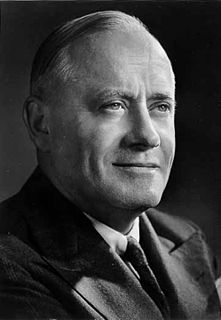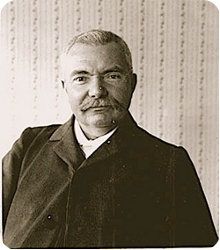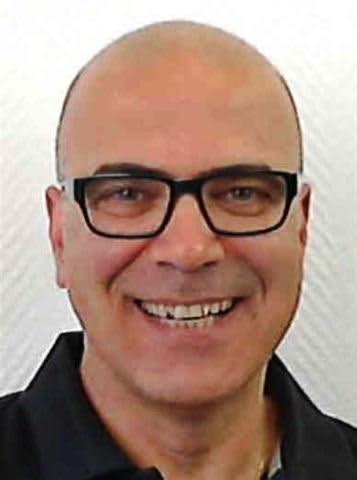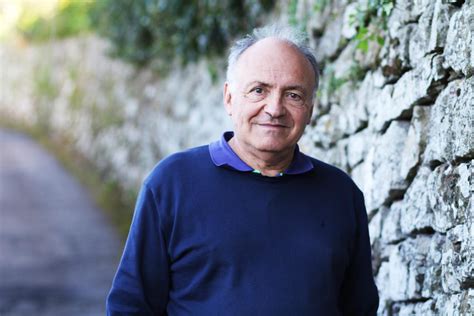A Quote by Samuel Johnson
Related Quotes
Be the living expression of God's kindness; kindness in your eyes, kindness in your face, kindness in your smile, kindness in your warm greetings. We are all but His instruments who do our little bit and pass by. I believe that the way in which an act of kindness is done is as important as the action itself.
Right from the moment of our birth, we are under the care and kindness of our parents, and then later on in our life when we are oppressed by sickness and become old, we are again dependent on the kindness of others. Since at the beginning and end of our lives we are so dependent on other's kindness, how can it be in the middle that we would neglect kindness towards others?
I think we underestimate the importance of kindness sometimes. We understand the power of just a little tiny bit of kindness. It could be the catalyst for something so important. Sometimes just a tiny little gesture or an acknowledgment can make all the difference in turning somebody's life around. I think it has a trickle down effect, when you pass on what you receive without even knowing it. We also underestimate our own power to make a difference with the decisions that we make, every day.
Our work has only begun. In our time we have an historic opportunity to shape a global balance of power that favors freedom and that will therefore deepen and extend the peace. And I use the word power broadly, because even more important than military and indeed economic power is the power of ideas, the power of compassion, and the power of hope.
More than anything else, kindness is a way of life. It is a way of living and walking through life. It is a way of dealing with all that is-our selves, our bodies, our dreams and goals, our neighbors, our competitors, our enemies, our air, our earth, our animals, our space, our time, and our very consciousness. Do we treat all creation with kindness? Isn't all creation holy and divine?
Our minds tell us, and history confirms, that the great threat to freedom is the concentration of power. Government is necessary to preserve our freedom, it is an instrument through which we can exercise our freedom; yet by concentrating power in political hands, it is also a threat to freedom. Even though the men who wield this power initially be of good will and even though they be not corrupted by the power they exercise, the power will both attract and form men of a different stamp.
Something similar happens on the other side of the equation: Giving kindness does us as much good as receiving it. . . . The true benefit of kindness is being kind. Perhaps more than any other factor, kindness gives meaning and value to our life, raises us above our troubles and our battles, and makes us feel good about ourselves.
Power is a central issue in social and personal transformation. Our sources and uses of power set our boundaries, give form to our relationships, even determine how much we let ourselves liberate and express aspects of the self. More than party registration, more than our purported philosophy or ideology, personal power defines our politics.






































